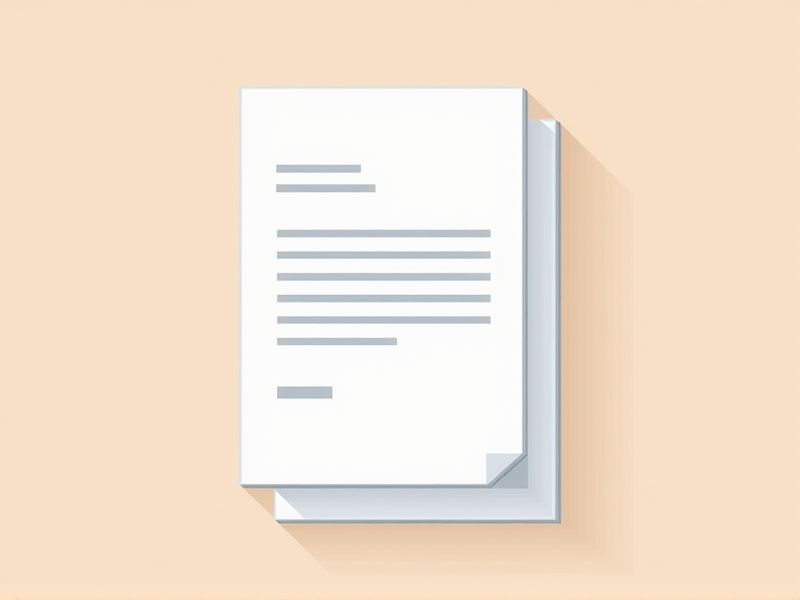
Requesting a pay raise is an important step in recognizing your professional value and contributions within a company. Crafting a well-written letter can effectively communicate your achievements and justify your salary increase. In this letter sample, you'll find a clear, respectful, and persuasive approach to asking for a raise. Whether you're preparing for an upcoming review or addressing your current compensation, this template can guide you in presenting your case confidently. Be sure to check out the various pay raise letter templates available in this article to find the one that best fits your situation.
Samples of letter sample for pay raise
Formal Letter Sample Requesting Pay Raise
Professional Letter Template For Salary Increase
Persuasive Letter Example For Pay Raise
Employee Salary Raise Request Letter Format
Sample Pay Raise Request Letter For Manager
Letter Of Request For Salary Adjustment Example
Pay Raise Justification Letter Sample
Best Practices For Writing A Pay Raise Letter
Effective Salary Increase Request Letter Template
Letter To Hr For Pay Raise Sample
Request For Salary Increase Letter Format
Employee Pay Raise Request Letter Example
Template For Writing A Pay Raise Letter
Professional Email Sample For Salary Raise
Pay Raise Appeal Letter Format
Letter Requesting Pay Raise After Performance Review
Formal Request Letter For Salary Raise Sample
Salary Increase Request Letter For Employees
Sample Letter For Negotiating A Salary Raise
Concise Pay Raise Request Letter Example
Important Things to Know when Writing Letter Sample For Pay Raise
Clear And Concise Request
A clear and concise request is vital when writing a letter for a pay raise, as it directly communicates your intentions to your employer. Start by stating your current position and salary, followed by a specific amount or percentage you are seeking as an increase. Highlight your contributions to the company, such as achievements, skills, or responsibilities that justify your request for a raise. Ensuring the letter is straightforward and to the point increases the likelihood of your request being taken seriously.
Justification With Achievements
When crafting a letter requesting a pay raise, it's crucial to include a strong justification supported by your achievements. Highlight specific milestones or contributions that have positively impacted the company, such as increased sales, successful project completions, or improved team efficiency. Quantifying your accomplishments with data can enhance your case, making it more compelling for your employer to consider your request. By clearly articulating your value and the results of your efforts, you strengthen your position and demonstrate why you deserve the raise.
Professional And Polite Tone
A pay raise letter should maintain a professional and polite tone to convey your request effectively. Use clear and concise language to articulate your achievements and contributions to the organization, which supports your case for an increase. It's essential to express gratitude for past support and opportunities, creating a positive atmosphere in your communication. By balancing assertiveness with respect, you strengthen the likelihood of a favorable response.
Specific Salary Or Raise Amount
When crafting a letter to request a pay raise, one crucial element to include is the specific salary or raise amount you desire. Clearly stating this figure demonstrates your understanding of market standards and helps frame your request in concrete terms. Be prepared to justify your proposed amount by highlighting your achievements, contributions, and any relevant market research that supports your case. Providing a well-reasoned figure can significantly enhance your chances of a favorable response from your employer.
Call To Action Or Follow-Up Request
A pay raise letter sample should include a clear call to action or follow-up request to strengthen your case. This demonstrates your initiative and encourages a proactive approach from your employer. By specifying a timeframe for a response or expressing your desire for a meeting, you create an opportunity for further discussion. This not only shows your professionalism but also underscores your commitment to your role within the organization.
